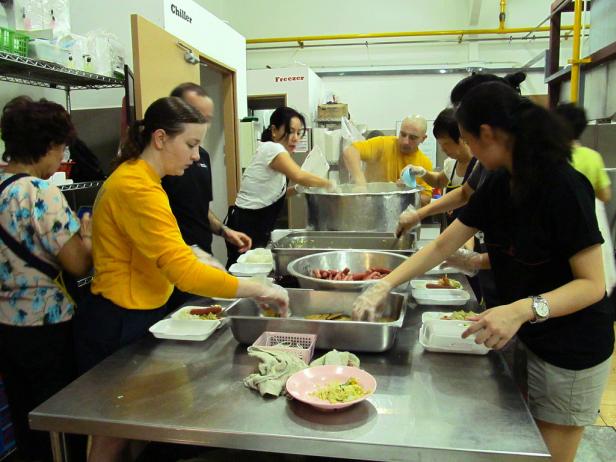Food Providers Face Elevated Liability
Using the passage from the Food Safety Modernization Act (FSMA) this year, food providers are now being held to some greater standard. Worldwide standards, for example individuals benchmarked through the Global Food Safety Initiative (GFSI) also provide strict needs. It makes sense elevated liability with considerable effects for businesses active in the food chain.
Food providers are actually needed to possess acceptable safety management systems in position and demonstrate the opportunity to trace and rapidly remove suspected food in the logistics. Period – no exceptions!
The financial effects of neglecting to step-up to today’s food safety realities could be enormous. Included in this are lack of share of the market, blacklisting, government action, legal liabilities and financial penalties. Consequently, a significant problem for food providers today is “How do i mitigate my risk?”
The initial step is with an operational, certified food safety management system that’s audited by an outdoors agency. Even though the Food and drug administration accounts for applying the FSMA, GFSI is just about the worldwide “good house keeping seal” for food suppliers, from growers to distributors. GFSI approves certain existing food safety standards by benchmarking them against their very own group of criteria for acceptability. Once authorized by the GFSI, these standards are recognized all over the world as evidence of getting a suitable food safety management system. Presently, GFSI-benchmarked standards include FSSC 22000, PrimusGFS, IFS, BRC, and SQF. The minimum degree of safety factors are to possess a verified HACCP Plan.
Getting an authorized food safety management product is now essential to work almost all over the world. So losing certification can literally place a food provider bankrupt. Hence, it is important that individuals taking part in the meals logistics acquire and keep an authorized safety management system.
The 2nd facet of food safety that must definitely be shown is the opportunity to trace products and rapidly take them off in the logistics if tainted components are discovered. This isn’t an optional capacity. Rather, it’s the legal expectation.
Hence, food providers must keep extensive records of components and suppliers. They’re needed to appear forward and backward inside the logistics to ensure that immediate participants have met safety needs too. Plus they should have tested recall plans in position that may be rapidly carried out to remove suspect foods in the logistics or retail shelf. By implication, the meals market is needed to show effective crisis management throughout a product withdrawal or recall.
For food providers today, the sport has altered and it is ongoing to evolve in direction of consumer protection. Risk minimization now plays a top-notch role running a business models. Embracing certified food safety management systems and demonstrating the opportunity to quickly respond in emergencies are actually critical needs. Individuals that heed these trends will flourish. Market penalties, financial losses and legal liabilities may ultimately pressure feet draggers in the food chain.


Comments are closed.